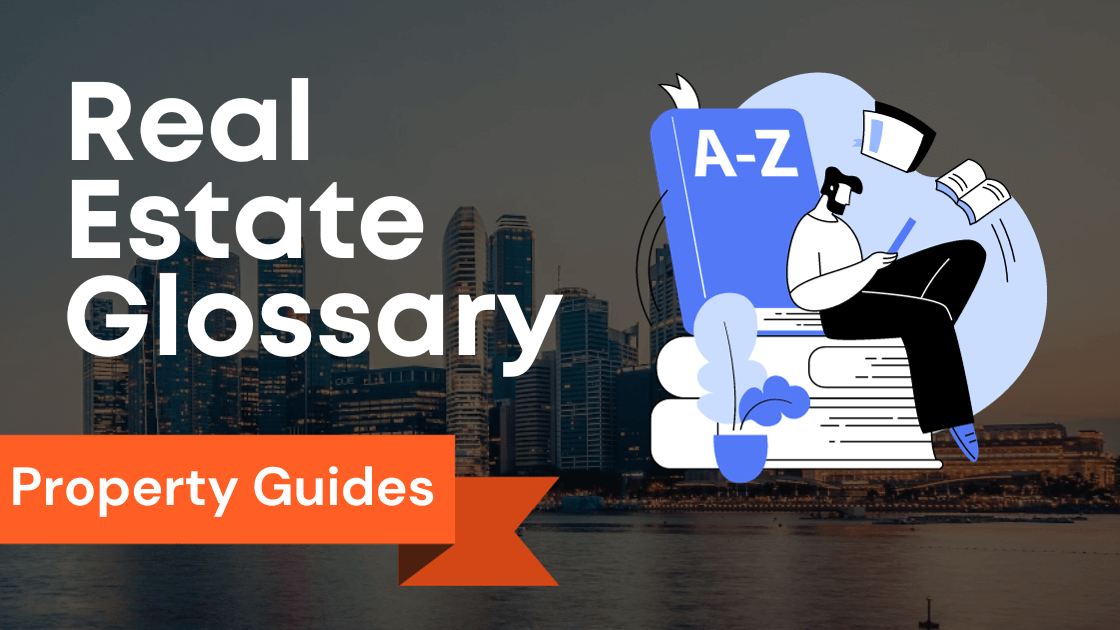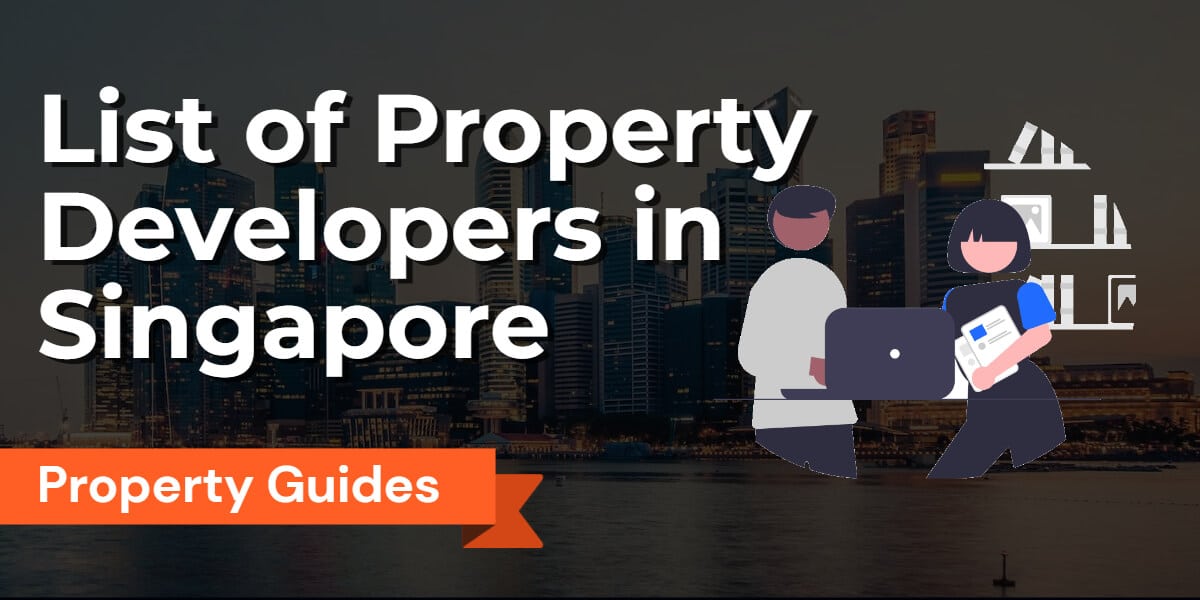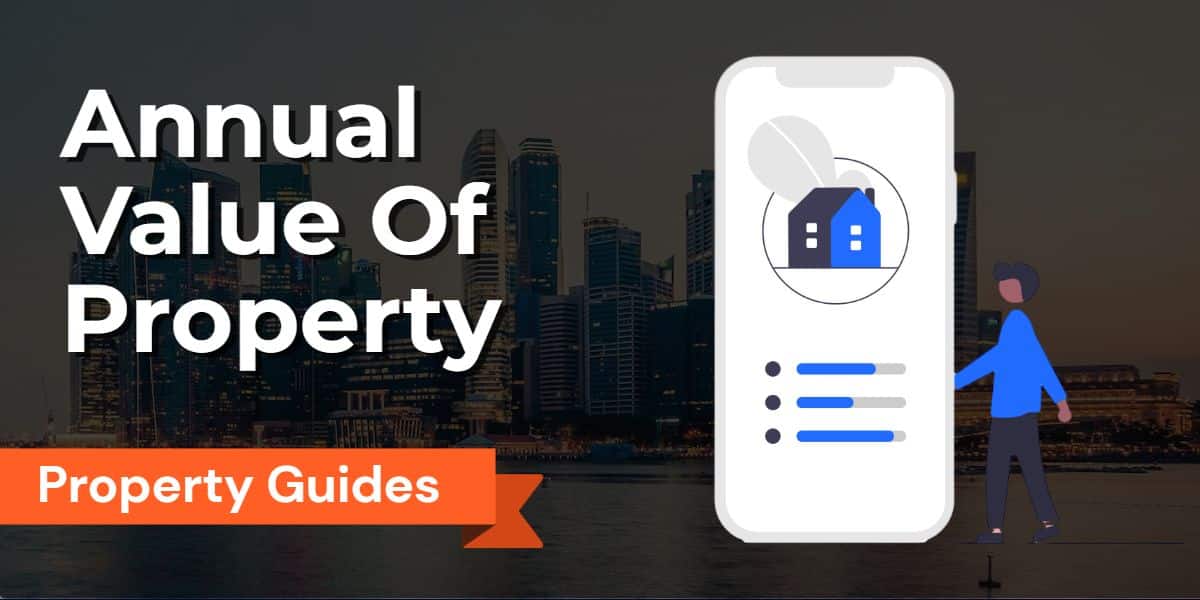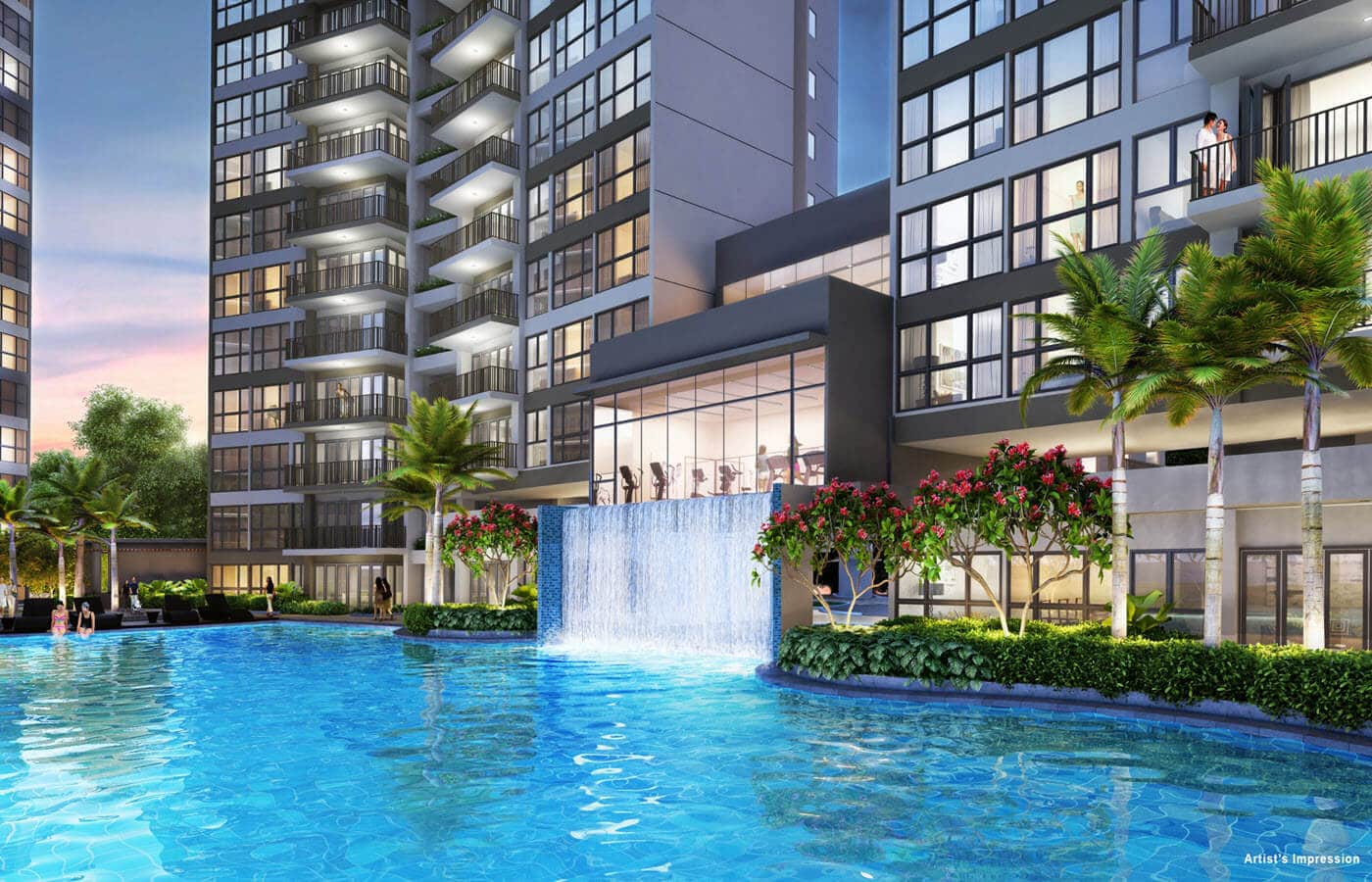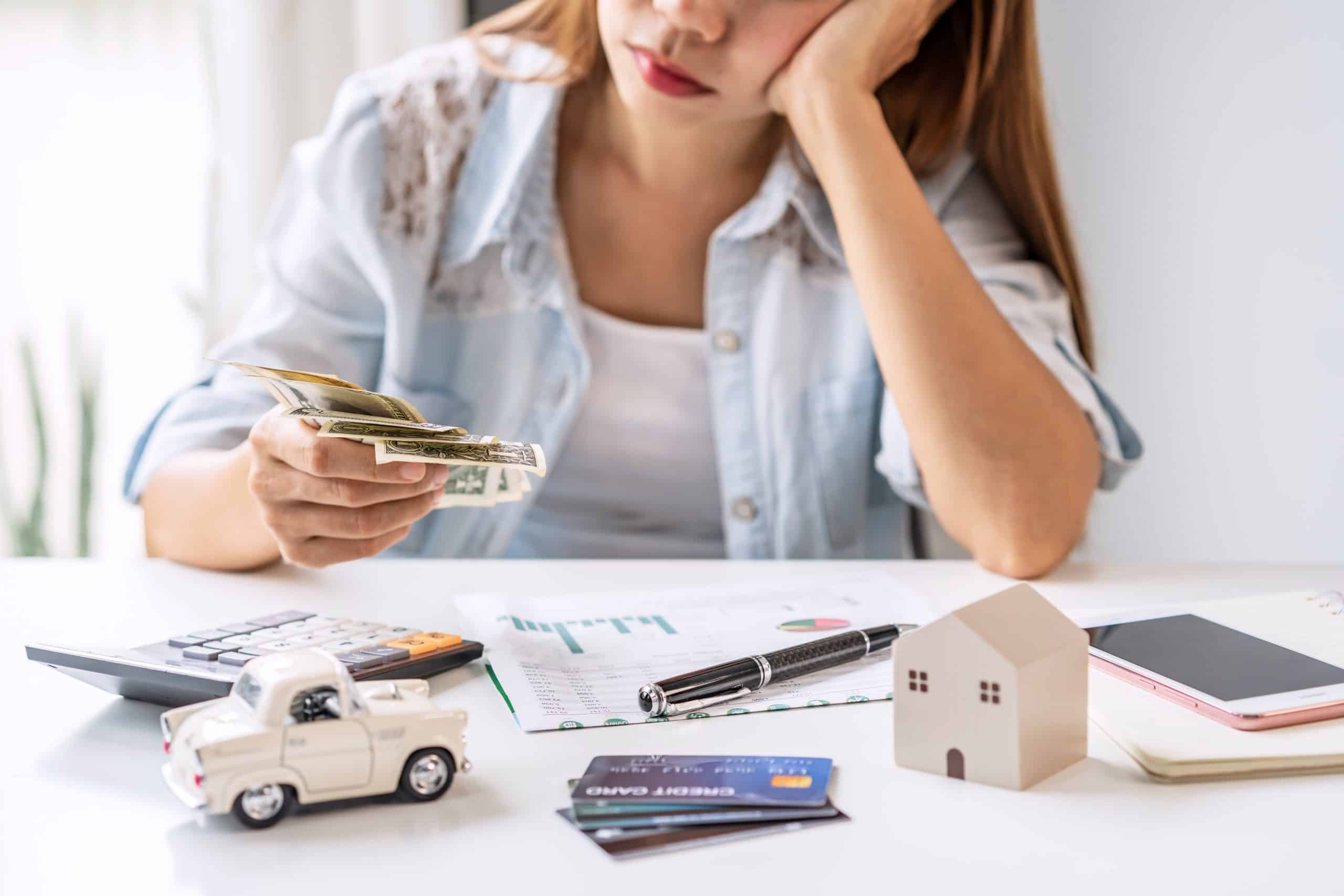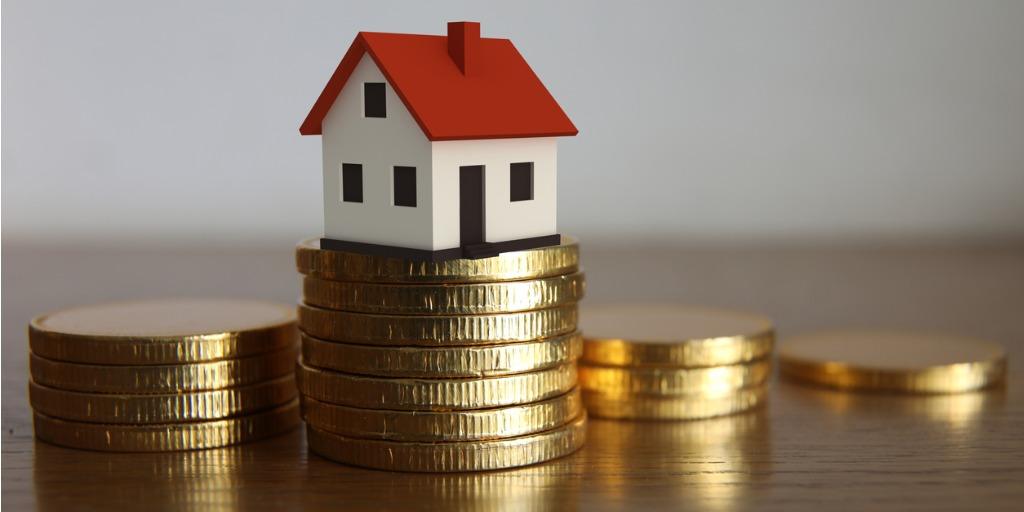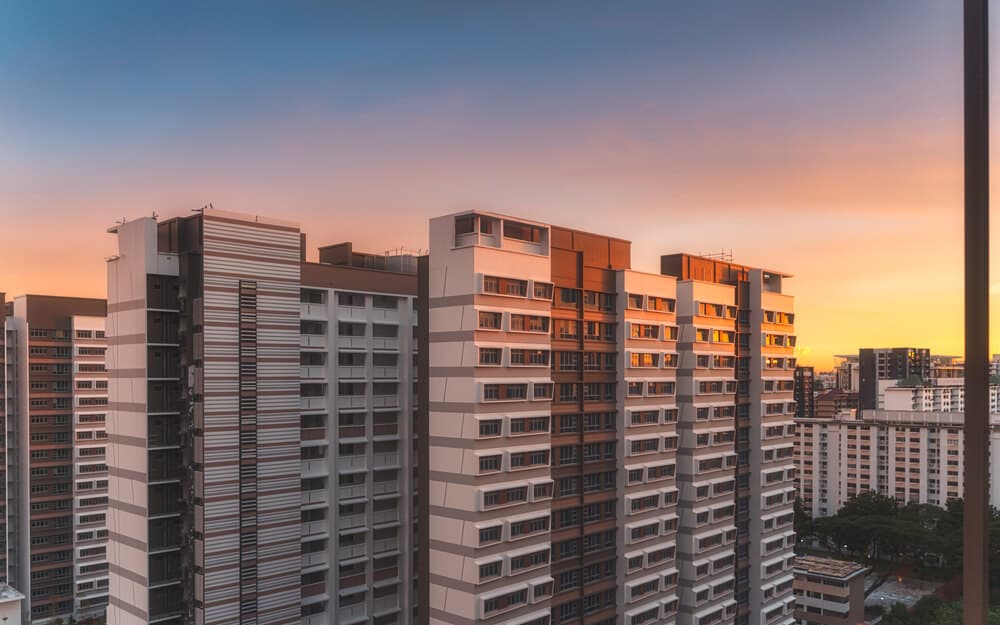
HDB resale flats are previously owned apartments that offer a wide range of options in mature areas.
The prices are determined based on similar transactions in the same place, considering factors like location and size.
In 2022, prices ranged from S$300,000 to S$1.2 million, with four-room flats being the most common.
Factors like location, government policies, and transaction volume influence prices.
Interest rates, demand, and pandemic impact also play a role.
Understanding these factors can help buyers navigate the HDB resale market effectively.
Key Takeaways
| Topic | Key Takeaway |
|---|---|
| HDB Resale Flats | HDB resale flats are existing flats that have been sold previously, offering buyers more options. |
| HDB Resale Price Determination | HDB resale prices are determined based on registered resale transactions of similar flats in the area. |
| Current HDB Resale Price Range | HDB resale prices range from around S$300,000 to S$1.2 million, with four-room flats being the most common. |
| Factors Influencing HDB Resale Prices in 2023 | Factors influencing HDB resale prices include location, demand, government policies, interest rates, completion of new flats, and the impact of COVID-19. |
| Impact of Location on Resale Prices | Flats located in central or popular areas tend to have higher resale prices due to accessibility and amenities. |
| Government Policies Affecting HDB Resale Prices | Government policies such as ABSD, LTI limits, and CPF rules can impact the affordability and resale prices of HDB flats. |
| Transaction Volume and Resale Prices | High transaction volume can lead to an increase in resale prices, as sellers have more bargaining power. |
| Current Transaction Volume Trend | Transaction volume in the HDB resale market has increased in the first quarter of 2023 compared to the previous quarter. |
| Growth of HDB Resale Prices in 2022 | HDB resale prices increased by 3.1% in 2022, driven by strong demand and low interest rates. |
| Expectations for HDB Resale Price Growth in 2023 | HDB resale prices are expected to continue rising in 2023, driven by demand, low interest rates, and government policies. |
| Impact of Interest Rates on Resale Prices | Higher interest rates make HDB resale flats less affordable, while lower interest rates increase affordability. |
| Impact of Pandemic and Construction Delays on Prices | The pandemic initially slowed down transactions, but increased demand for larger spaces and supply shortages have influenced HDB resale prices. |
| Comparison of Resale Prices between Mature and Non-Mature Estates | Mature estates generally have higher resale prices due to better amenities and accessibility. |
| Case Study: Resale Prices in Bukit Merah and Bukit Batok | Resale prices in Bukit Merah and Bukit Batok increased in 2020 due to location, accessibility, and limited supply. |
| Housing Grants and their Impact on Resale Prices | Housing grants can reduce upfront costs, but increased demand may impact resale prices. |
| Additional Buyer’s Stamp Duty (ABSD) in HDB Resale Market | ABSD is a tax on residential properties, which affects the demand and price growth of HDB resale flats. |
Understanding HDB Resale Prices in Singapore
What are HDB resale flats?
HDB resale flats are existing HDB flats that have been sold previously.
Unlike new Build-To-Order (BTO) flats, resale flats are already built and located in mature estates or central areas of Singapore, making them more convenient for buyers.
Additionally, resale flats offer buyers a more comprehensive range of flat types and location options.
How are HDB resale prices determined?
The prices of resale flats in Singapore are based on registered resale transactions of similar apartments in the same town or estate, considering factors such as location, unit size, and flat type.
The data used to compute these prices are sourced from resale transacted prices, the actual price paid for a resale flat.
What is the current HDB resale price range?
According to data from September 2022, HDB resale prices in Singapore range from around S$300,000 to S$1.
2 million, depending on the location and type of the flat.
Four-room flats, the most common flat type in the resale market, have an estimated median price of around S$600,000 to S$700,000.
Factors Influencing HDB Resale Prices in 2023

What are the factors that affect HDB resale prices in 2023?
Various factors can influence HDB resale prices in 2023, including the location of the flat, the demand for HDB flats, government policies, interest rates, completion of new apartments, and the impact of the COVID-19 pandemic.
How does the location of a flat impact its resale price?
The flat’s location is one of the most significant factors affecting its resale price.
Apartments in central or more popular areas tend to have higher resale prices due to accessibility, proximity to amenities, and transport convenience.
On the other hand, flats located in less popular or further out areas tend to be priced lower.
Are there any government policies affecting HDB resale prices in 2023?
Government policies such as the Additional Buyer’s Stamp Duty (ABSD), loan-to-income (LTI) limits, and Central Provident Fund (CPF) usage rules have a significant impact on the affordability of HDB flats and, subsequently, their resale prices.
Tighter regulations in these areas can lead to a more moderate increase in HDB resale prices in 2023.
The Impact of Transaction Volume on HDB Resale Prices
What is the correlation between transaction volume and HDB resale prices?
Transaction volume refers to the number of HDB resale flat transactions within a given period.
High transaction volume typically indicates a higher demand for HDB resale flats, which can increase resale prices.
Conversely, low transaction volume can decrease costs due to lower demand for HDB flats.
How does high transaction volume affect HDB resale prices?
When transaction volume is high, sellers may gain the upper hand in negotiations and price their flats higher, whereas buyers may have difficulty finding apartments within their budget.
This can increase overall resale prices in the market, which may only be ideal for some buyers.
What is the current transaction volume trend in the HDB resale market?
Based on data from analytics firm Resale Housing, the HDB resale market has seen an increase in transaction volume in the first quarter of 2023 compared to the previous quarter.
This could lead to a rise in HDB resale prices, especially in areas with high demand.
Analyzing the Growth of HDB Resale Prices in 2022 and Expectations for 2023

What was the price growth of HDB resale flats in 2022?
According to data from Resale Housing, the HDB resale price index increased by 3.1% in 2022, driven by solid demand and low-interest rates.
This represents a significant increase compared to the 1.5% growth in 2021.
What are the expectations for HDB resale price growth in 2023?
Based on expert analysis and current trends, HDB resale prices are expected to continue to rise in 2023, albeit at a more moderate pace.
The increase is likely driven by strong demand, low-interest rates, and government policies.
However, the impact of the COVID-19 pandemic on the economy and the property market may remain a factor that could affect the overall growth of HDB resale prices.
What factors contributed to the rise in HDB resale prices in 2022?
The rise in HDB resale prices in 2022 can be attributed to solid demand, low-interest rates, government policies, and limited supply.
The COVID-19 pandemic also drove demand for HDB flats as more people sought larger living spaces and more affordable housing options.
Exploring the Different Flat Types in HDB Resale Market
What are the different flat types available in the HDB resale market?
The HDB resale market offers a variety of flat types to cater to different needs and budgets.
The most common flat types available include studio apartments, two-room flats, three-room flats, four-room flats, and five-room flats.
There are also executive flats and maisonettes, more extensive flats with more bedrooms and space.
Which flat type has the highest demand in the HDB resale market?
According to recent data from Resale Housing, four-room flats have the highest demand in the HDB resale market, followed by three-room apartments and five-room flats.
This is likely because four-room flats offer a good balance of space and affordability, making them ideal for families and young couples.
How does the flat type impact the HDB loan eligibility?
The flat type is one of the factors that can impact a buyer’s HDB loan eligibility.
For example, the maximum loan amount and loan-to-value (LTV) ratio may vary depending on the flat type and tenure remaining.
Buyers should consult with HDB or their banking institution to determine their loan eligibility based on the flat type they are interested in.
HDB Loan: A Key Consideration for HDB Resale Buyers

What is an HDB Loan?
An HDB loan is a home loan offered by the Housing Development Board (HDB) to eligible Singaporeans to finance their HDB flat purchase.
It’s a popular loan option for HDB resale buyers since it’s generally easier to qualify for an HDB loan than a bank loan and offers lower interest rates, fixed for the entire loan tenure.
What are the Qualifications for an HDB Loan?
To be eligible for an HDB loan, the applicant must be a Singapore citizen, at least 21 years of age, and have a gross monthly income below $14,000 for families and $7,000 for singles.
The applicant must not own or have disposed of any private residential property in the 30 months preceding the HDB loan application.
How Much Can You Borrow with an HDB Loan?
The maximum amount for an HDB loan is 90% of the purchase price or valuation of the HDB flat, whichever is lower.
The remaining 10% must be paid in cash or CPF savings.
The loan tenure can be up to 25 years or until the applicant reaches 65, whichever is earlier.
The Role of Demand and Supply in HDB Resale Price Fluctuations
Why does Demand and Supply Matter in HDB Resale Markets?
The demand and supply of HDB resale flats play a vital role in determining the market price of HDB resale flats.
Tight supply and high demand usually translate to higher prices, whereas increased supply and low demand tend to lower costs.
How does Demand For HDB Flats Influence Resale Prices?
Higher demand for HDB resale flats can drive up prices.
Factors contributing to the market include location, accessibility, amenities, and proximity to good schools.
Additionally, the influx of foreign workers and the stable Singaporean economy may positively affect demand for HDB resale flats.
How does an Increase in the Supply of HDB Flats Impact Resale Prices?
An increase in the supply of HDB resale flats typically leads to lower resale prices.
This trend is partly due to the government’s efforts to ramp up HDB construction, including introducing measures like the Build-To-Order (BTO) scheme, which has led to a significant increase in the HDB flat supply in recent years.
Examining the Impact of Interest Rates on HDB Resale Prices

How do Interest Rates Affect HDB Resale Prices?
The interest rates on HDB loans affect the affordability of HDB resale flats.
When interest rates rise, the monthly repayments on HDB loans increase, making HDB resale flats less affordable.
In contrast, when interest rates fall, the reverse occurs, making HDB resale flats more affordable.
What are the Current Interest Rates for HDB Loans?
The interest rates for HDB loans are fixed at 2.6% per annum for the first ten years and are subject to revision every five years.
It is essential to note that this rate may vary depending on the economic situation and Singapore’s money market conditions.
How have Fluctuations in Interest Rates Affected HDB Resale Prices in the Past?
Historically, there has been a correlation between interest rates and HDB resale price fluctuations.
When interest rates increase, HDB resale prices tend to dip, indicating a reduced demand for HDB resale flats.
Conversely, HDB resale prices rise when interest rates drop as buyers rush to take advantage of low-interest rates.
The Influence of Pandemic and Construction Delays on HDB Resale Prices
How has the Pandemic Affected HDB Resale Prices in Singapore?
The COVID-19 pandemic has significantly impacted the Singapore housing market, including the HDB resale market.
Property transactions initially slowed down due to the implementation of safe distancing measures and travel restrictions.
However, as trades picked up in the second half of 2020, HDB resale prices stabilized.
The pandemic has also highlighted the importance of having a comfortable home, leading to an increased demand for properties with more space and better facilities.
What is the Impact of Construction Delays on HDB Resale Prices?
Construction delays due to supply chain disruptions and labor shortages caused by COVID-19 have led to a lack of supply in the HDB housing market.
This supply shortage may have contributed to the growing demand for HDB resale flats, which may have led to a price increase.
Another factor influencing the price increase in the HDB resale market is the increased demand for properties with larger spaces, better amenities, and more conducive workspaces due to work-from-home arrangements imposed due to the pandemic.
How have the Government’s Measures in Response to the Pandemic and Construction Delays Affected HDB Resale Prices?
The government has rolled out several measures to stabilize the HDB resale market throughout the pandemic.
These measures included the “Enhanced Housing Grant” (EHG) scheme, aiming to help first-timers buy a new flat and temporarily lift income ceilings for specific apartments.
In addition, the government has made efforts to ramp up construction to boost supply where possible, which may help alleviate the HDB resale market’s supply-demand imbalance.
Comparing Resale Prices between Mature and Non-Mature Estates

What are the Differences Between Mature and Non-Mature Estates?
Mature estates are typically well-developed, established neighborhoods with more infrastructures, amenities, and facilities that cater to residents’ needs.
Non-mature estates are generally less developed neighborhoods with fewer existing amenities and facilities but with a potential for growth and future development.
How do Resale Prices Compare between Mature and Non-Mature Estates?
As demand for HDB resale flats varies across different neighborhoods, there is a noticeable difference in HDB resale prices between mature and non-mature estates.
Generally, mature estates command higher resale prices than non-mature estates.
Factors influencing this trend include location, accessibility, nearby amenities, and proximity to desired schools.
What Factors Affect Resale Prices in Mature and Non-Mature Estates?
Rising demand is one of the fundamental drivers of HDB resale price growth in both mature and non-mature estates.
It is also worth noting that the government’s policies and initiatives could affect the resale prices in different regions.
It may often reflect the growth potential, accessibility, and development of the particular area and the current housing grants available.
Case Study: Analyzing Resale Prices in Bukit Merah and Bukit Batok
How have resale prices in Bukit Merah and Bukit Batok changed over the past year?
Based on data from HDB, the resale price index for Bukit Merah and Bukit Batok rose by 4.3% and 5.6%, respectively, in 2020.
The growth of prices in Bukit Batok was higher than the national average of 4.8%.
However, in the first quarter of 2021, both estates saw a decline in resale flat prices.
What factors have contributed to the resale price growth in these areas?
Bukit Merah and Bukit Batok are famous HDB estates due to their central location and accessibility to amenities such as schools, malls, and parks.
The proximity to the Central Business District (CBD) also makes Bukit Merah attractive for working professionals.
Additionally, there needs to be more public housing in these urban areas, increasing demand and prices.
How do these resale prices compare to other HDB estates in Singapore?
As of Q1 2021, Bukit Merah and Bukit Batok had the second and most minor decline in resale flat prices, respectively, among the 26 HDB towns in Singapore.
On the other hand, mature estates like Queenstown and Toa Payoh had relatively higher price declines.
Understanding Housing Grants and Their Impact on HDB Resale Prices

What are the different types of housing grants available for resale flats?
The various housing grants available for HDB resale flats include the Enhanced CPF Housing Grant (EHG), Family Grant, Proximity Housing Grant (PHG), and the Singles Grant.
EHG and Family Grant offer up to S$80,000 and S$50,000, respectively, to eligible buyers.
PHG and Singles Grant provide additional financial assistance if qualified buyers choose to live near their parents or children.
How do these grants affect the resale price of HDB flats?
Housing grants can reduce the upfront cash payment required by flat owners, making the purchase more affordable.
However, as the donations increase the demand for resale flats, they may increase resale prices.
Therefore, buyers should carefully evaluate their financial status before taking advantage of these grants.
Are there any eligibility criteria that buyers need to meet to receive these grants?
Each grant has specific eligibility criteria based on income level, citizenship, and family nucleus.
Buyers should refer to HDB’s website for the latest information on eligibility criteria for each grant.
The Role of Additional Buyer’s Stamp Duty (ABSD) in HDB Resale Market
What is Additional Buyer’s Stamp Duty (ABSD), and how does it impact HDB resale market?
ABSD is a tax imposed on residential properties purchased by individuals or entities, not Singaporean citizens or Permanent Residents.
For HDB resale flat buyers who are not Singaporean citizens, the ABSD is 5% of the purchase price.
ABSD has a dual impact on the HDB resale market.
On the one hand, it reduces the demand for resale flats from foreign buyers, which could moderate the price growth.
On the other hand, some buyers may have to pay an additional cost, which could deter them from entering the market.
Are there any exemptions or reliefs available for ABSD?
Yes, some buyers may be eligible for ABSD remission or refund.
For example, if a Singaporean buys an HDB resale flat with a non-Singaporean citizen spouse, they can apply for ABSD remission.
Additionally, if a non-Singaporean citizen becomes a Singaporean citizen or Permanent Resident within six months of buying an HDB resale flat, they can apply for an ABSD refund.
Has the recent increase in ABSD affected HDB resale prices?
It is difficult to say how much impact ABSD has had on the HDB resale prices.
However, according to an analyst at a real estate firm in Singapore, the increase in ABSD rates could dampen the resale market, especially for higher-priced units.
Examining the Rental Market for HDB Resale Flats

What is the current rental market like for HDB resale flats?
Based on data from HDB, the median rental prices for HDB flats have remained relatively stable in the past couple of years.
In 2020, the median rental price for a 3-room apartment was S$2,000 per month, while a 4-room flat was S$2,300 per month.
How do rental prices in different estates vary?
Rental prices vary significantly depending on location, flat type, and lease duration.
For example, rental prices in mature estates like Bishan and Tampines tend to be higher than in non-mature estates like Sengkang and Punggol.
As a general rule, flats that are near MRT stations, schools, and amenities command higher rental prices.
What are the factors that affect rental demand and supply for HDB flats?
The rental demand and supply for HDB flats are affected by various factors, such as the economy, population growth, and government policies.
For example, during economic downturns, the demand for rental flats may increase as more people lose their jobs and struggle to pay their mortgages.
The government’s immigration policies and measures to stabilize the property market can also influence rental demand and supply.
Expert Insights: Forecasts for HDB Resale Prices in 2023
What are the predictions for HDB resale prices in 2023?
Experts predict that HDB resale prices will likely grow slower than before due to various cooling measures and the current economic uncertainties.
However, the prices are expected to remain stable in the long term, given Singapore’s limited supply of public housing.
What are the key trends and factors that will shape the HDB resale market over the next few years?
The key trends and factors shaping the HDB resale market include the government’s policies on housing affordability, population growth, immigration policies, and economic and global uncertainties.
The ongoing pandemic and its impact on the economy and job market are expected to influence the HDB resale market in the short term.
What advice do experts give buyers and sellers in the HDB resale market?
Experts advise buyers to carefully consider their financial status before purchasing an HDB resale flat and to take advantage of the various grants and schemes available.
Sellers should price their apartments competitively and view the location, condition, and remaining lease length when setting the price.
Conclusion
In conclusion, understanding HDB resale prices in Singapore is essential for buyers and sellers.
Resale flats offer a more comprehensive range of options and are located in convenient areas.
The prices of resale flats are determined based on location, unit size, and flat type, with four-room apartments being the most common in the market.
Factors influencing HDB resale prices in 2023 include the area of balanced, government policies, interest rates, completion of new flats, and the impact of the COVID-19 pandemic.
Transaction volume and interest rates play a significant role in HDB resale prices.
High transaction volume can increase costs, while low transaction volume may result in lower prices.
Interest rates affect the affordability of flats, with higher rates making them less affordable and vice versa.
HDB resale prices are expected to continue to rise in 2023, albeit at a more moderate pace, driven by solid demand, low-interest rates, and government policies.
Frequently Asked Questions
What is the hdb resale price?
HDB resale price refers to the selling price of HDB flats.
It is the price demanded by the seller or paid by the buyer for an HDB resale flat.
What are some common [[H2TERMS]] related to hdb resale price?
Some common [[H2TERMS]] related to hdb resale price are flat resale transactions, hdb resale flat transactions, hdb flats, rise, flat resale prices, and seller.
How is the data for the hdb resale price calculated?
The data for the hdb resale price is based on the resale applications submitted to the Housing and Development Board (HDB).
This data is collected quarterly and analyzed by real estate portals and experts such as Christine Sun, Nicholas Mak, Lee Sze Teck, and others.
What is the significance of resale volumes in hdb resale price?
Resale volumes refer to the number of flats sold in a particular period.
It is a significant factor in determining the hdb resale price as it reflects the demand and supply ratio in the market.
High resale volumes could mean a higher demand for HDB flats, leading to a price rise.
Are there any notable trends in the hdb resale price market?
Yes, some notable trends in the hdb resale price market are the increasing number of million-dollar flats, an increase in housing grants, and more private homeowners entering the market.
This has led to a faster price expansion in the hdb resale market compared to the private properties market.
How does the floor level of the hub flat impact its resale price?
The floor level of the hub flat has a marginal impact on its resale price.
Generally, higher floors have a slightly higher resale price than lower floors.
However, the view, natural light, and privacy associated with higher floors may impact their resale value.
What are some common factors affecting the hdb resale price?
Some common factors affecting the hdb resale price are the flat’s location, its age, the property’s condition and renovation, nearby amenities, transportation, and surrounding neighborhoods.
How do housing loans impact the hdb resale price?
Housing loans can impact the hdb resale price by affecting the buyer’s affordability.
A higher housing loan eligibility means the buyer can purchase a more expensive flat, increasing demand and resulting in a higher price.
What is the average resale price of an hdb flat?
The average resale price of an hdb flat is determined by benchmark prices based on the property’s location, size, and age.
As of 2021, the average resale price of a four-room hdb flat is around SGD 439,000, while five-room flat costs around SGD 557,000.
The median resale price the same year was SGD 430,000 for four-room apartments and SGD 540,000 for five-room flats.











